
KIM LANGLEY
SEND
MY
ROOTS
RAIN
We listen, our heart ears wide To the roars and whispers of your grief.
JANICE FALLS,
from Sorrow Shared
A Companion on the Grief Journey
TO SANDY RIDER, VIRGINIA DOUGLAS, AND BILL FICHTER
You lent your time, skills, hearts, brains and faith to this project. You sent my roots rain, and without you, there would be no book.
2019 First Printing
Send My Roots Rain: A Companion on the Grief Journey
Copyright 2019 Kim Langley
ISBN 978-1-61261-949-1
The Paraclete Press name and logo (dove on cross) are trademarks of Paraclete Press, Inc.
Library of Congress Cataloging-in-Publication is available.
10 9 8 7 6 5 4 3 2 1
All rights reserved. No portion of this book may be reproduced, stored in an electronic retrieval system, or transmitted in any form or by any meanselectronic, mechanical, photocopy, recording, or any otherexcept for brief quotations in printed reviews, without the prior permission of the publisher.
Published by Paraclete Press
Brewster, Massachusetts
www.paracletepress.com
Printed in the United States of America
CONTENTS
THEMES | Facing Mortality / Diagnosis Anticipatory Grief / The Long Goodbye / Caregiving |
THEMES | FuneralJust Before and After Deaths of Family / Partner / Spouse |
THEMES | Deaths of Family / Partner / Spouse / Untimely Death Dying by Suicide / Death of a Child / Coping with the Unbearable |
THEMES | Comforts & Memories / We the Living / Going On / Resilience |
Blessing for Falling Into a New Layer of Grief
JAN RICHARDSON
You thought
you had hit
every layer possible,
that you had found
the far limit
of your sorrow,
of your grief.
Now the world falls
from beneath your feet
all over again,
as if the wound
were opening
for the first time,
only now with
an ache you recognize
as ancient.
Here is the time
for kindness
your own, to yourself
as you fall
and fall,
as you land hard
in this layer
that lies deeper than
you ever imagined
you could go.
Think of it as
a secret room
this space
that has opened
before you,
that has opened
inside you,
though it may look
sharp in every corner
and sinister
no matter where
you turn.
Think of it as
a hidden chamber
in your heart
where you can stay
as long as you need,
where you will
find provision
you never wanted
but on which
your life will now
depend.
I want to tell you
there is treasure
even here
that the sharp lines
that so match your scars
will lead
to solace;
that this space
that feels so foreign
will become for you
a shelter.
So let yourself fall.
It will not be
the last time,
but do not let this be
cause for fear.
These are the rooms
around which your
new home will grow
the home of your heart,
the home of your life
that welcomes you
with such completeness,
opening and
opening and
opening itself to you,
no part of you
turned away.
Prologue
P oetry illuminates the darkness and companions the loneliness of grief. When you lose someone, you feel lost. In times of sorrow, poetry can be a light, a solace and guide.
Well-intentioned friends and family, trying to help, may offer platitudes such as these:
 Time heals all wounds.
Time heals all wounds.
 Youll have another baby.
Youll have another baby.
 God must have needed him more than you did.
God must have needed him more than you did.
 They lived a good, long life.
They lived a good, long life.
 Their suffering is over.
Their suffering is over.
 They wouldnt want you still to be grieving.
They wouldnt want you still to be grieving.
 You should get back out there and (date, dance, join a book club, etc.).
You should get back out there and (date, dance, join a book club, etc.).
 Im not sure it should take this long for you to move on.
Im not sure it should take this long for you to move on.
This kind of advice was probably about as welcomed by you as wilted funeral flowers, leaving you isolated and in a place of despair. You may not think of poetry as a powerful resource to help sort out your feelings. But poetry can create a tender space for reflection. Poetry says the unsayable, offering words that cant be articulated otherwise.
These poems, carefully chosen for you in consultation with grief work counselors, can be a source of consolation and strength, and a springboard for meaningful conversations. The result is a selection of poems that sing, weep, and steadfastly embrace you. They are digestible, fortifying, and at times challenging and can be taken in big or small bites.
Poet Jane Hirshfield knows. She wrote, To step into a poem is to agree to risk. I am guessing that you are willing to risk doing the good and hard work that is grieving.
Youve probably picked up this book because you have had an experience of loss that divided your life into before and after in a way that leaves you forever changed. Every day you do your best to shower, brush your teeth, and keep putting one foot in front of the other, and you ask, Whats next? Most of the people and poets you will meet in this book have stood where you stand now.
State Poet of New York Marie Howe offered, Every poem holds the unspeakable inside it. The unsayable The thing that you cant really say because its too complicated. Its too complex for us. Every poem has that silence deep in the center of it. Marie Howe knows. She lost a brother to AIDS.
Stanley Kunitz wrote a poem called The Layers in which he asked: How shall the heart be reconciled / to its feast of losses?
Yes, how? And think of that imagea feast of losses. We try hard to put aside this knowing, but if we live richly, with hearts open to intimacy, each of our lives could lay out such a banquet.
Author Lidia Yukanavitch in her TED talk commented on the beauty of being a misfit. She made the case that if you choose not to stay stuck in the litter, you can be the misfit who is willing to dive into the waters of ones life, swim to the wreckage at the bottom, and bring something back to the surface. This is not to say that
Next page
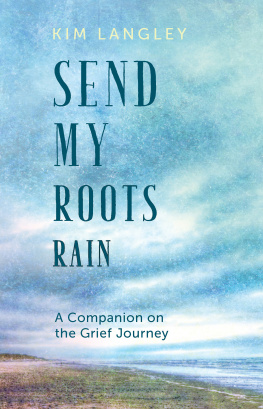
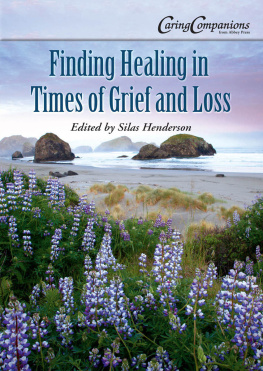
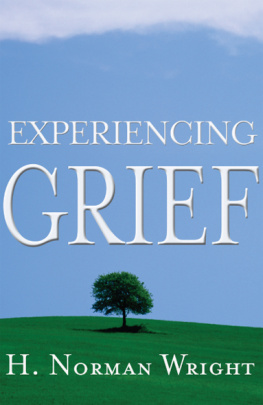
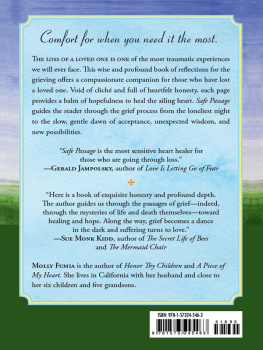
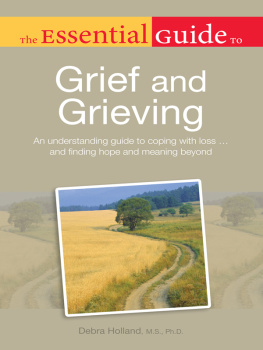
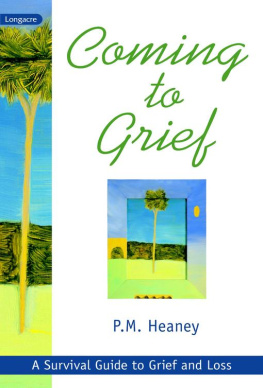
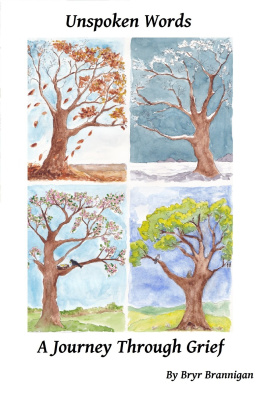
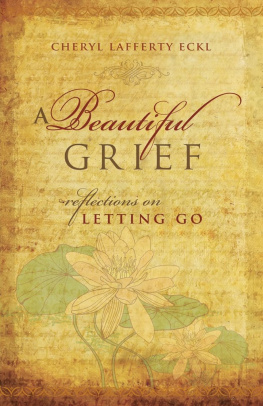
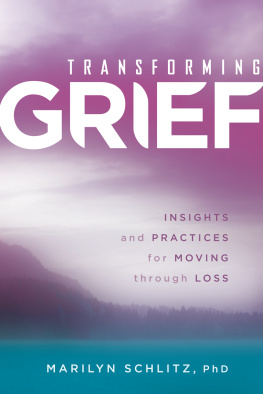
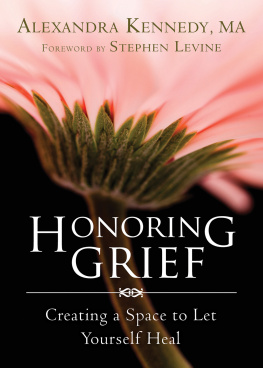
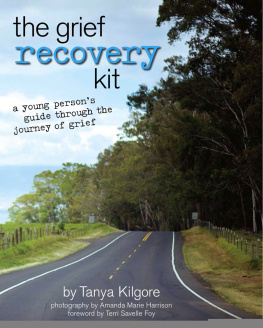
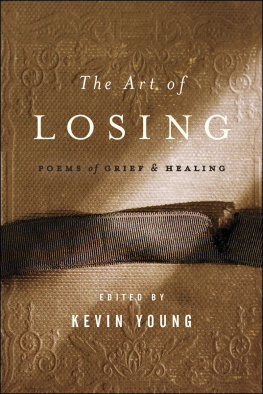




 Time heals all wounds.
Time heals all wounds.